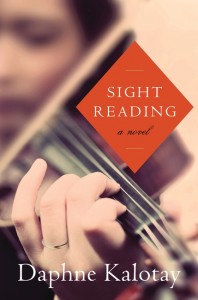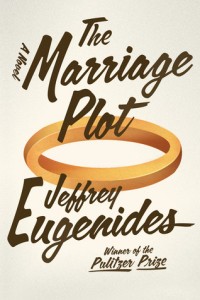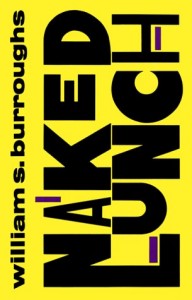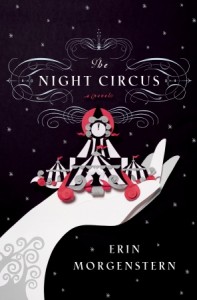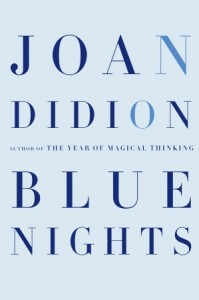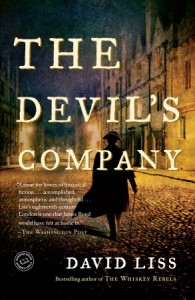Edith Wharton’s Ethan Frome had been on my “this book seems interesting to me” list ever since I read the New Yorker article that Jonathan Franzen wrote, while the specifics of the article faded away rather quickly, the general sense that I should be reading more of her work stayed with me. We have done a version of this book for our public domain ebooks, and I glanced through it briefly, which gave me an idea of the tone and scope of the novel. But upon a closer reading, it’s actually quite incredible what Wharton accomplishes in the novella–she tells the entire story of the very sad, very tragic lives of Ethan, his wife Zeena, and her cousin Mattie with brevity, which actually allows for the weight of what happens to them to settle without it feeling overwhelming.
In short, Ethan’s unhappily married to a hypochondriac woman. Zeena wasn’t always that way–there was a point where she helped Ethan’s family out immensely (the reason they married), but for years they’d been engaged in a psychological battle. Zeena’s “illnesses” defining reasons why their lives are incapable of moving forward. When Mattie shows up, a poor cousin of Zeena’s without anywhere else to go, Ethan’s life changes. And when Zeena leaves for a far-flung doctor’s appointment, the two nights he and Mattie spend together have the potential to change their unhappy lives forever. For upon her return, Zeena means to turn Mattie out, and as she’s his last glance at happiness, Ethan will do anything to prevent it from happening.
Oh, the heartbreak in this little book. It’s truly and completely engrossing. Her choice of words, how she structures the story, it all comes together in a way that elevates the everyday-ness of the events to new levels. Parts of the house is described (and I’m paraphrasing) as “grungy” even for this poor area. Ethan schlumps and slogs through his life despite his relatively young age, and Zeena, with her greasy hair and dowdy clothes remains unbearable from day one. The narrator’s removed–a stranger, an outsider–they’re able to honestly look at what happened in ways that someone intimately involved with the events in the book would be unable to. Does their slight poverty increase the tragic elements in the novel? Absolutely. But it doesn’t define them. They act the way they do simply because they have no choice to otherwise. It’s a novel that explores how limited the choices are for women of a certain class, and it does that expertly. In a way, I enjoyed this little book even more than I enjoyed The House of Mirth or The Age of Innocence, both books I adore, by the way, because of its simplicity and sadness.
